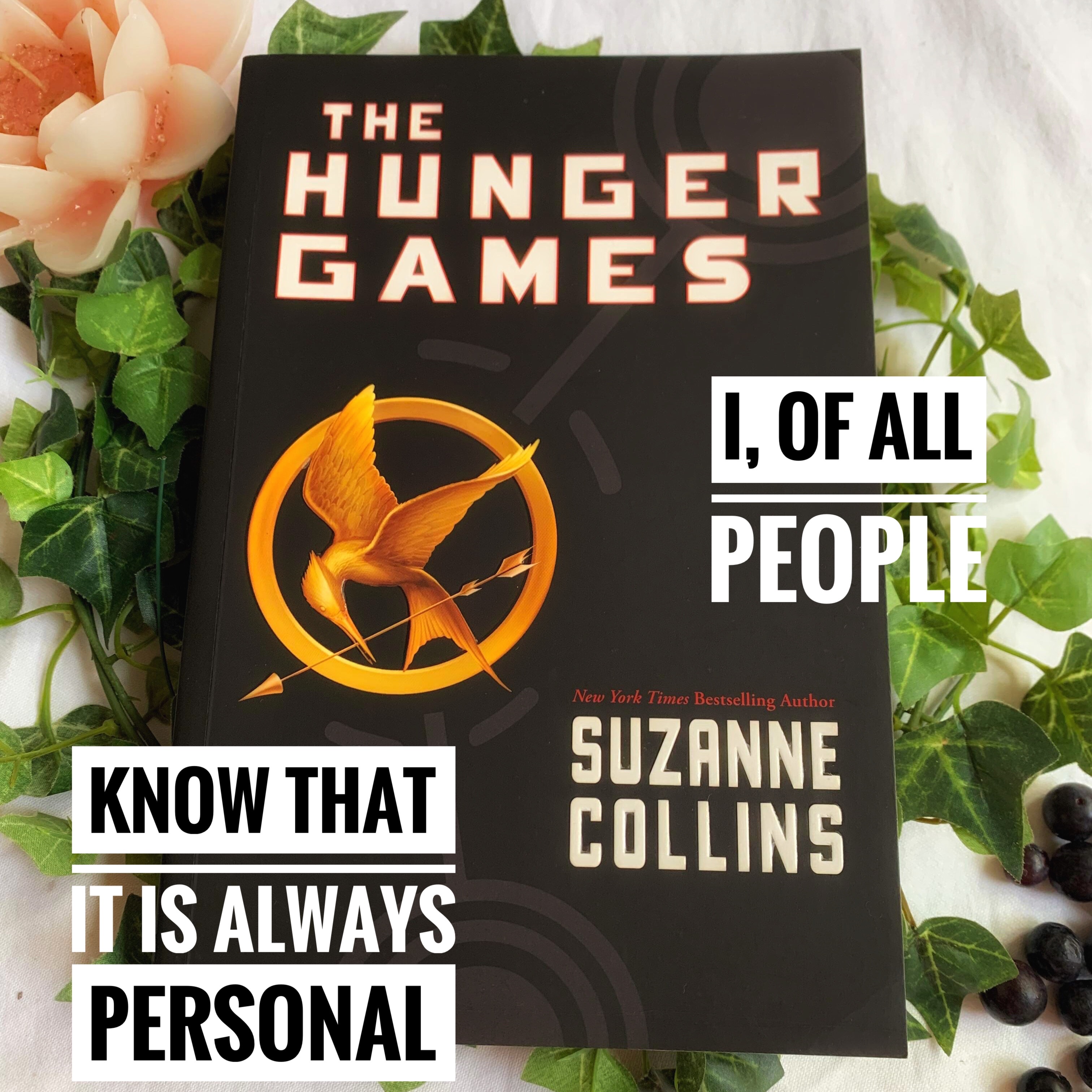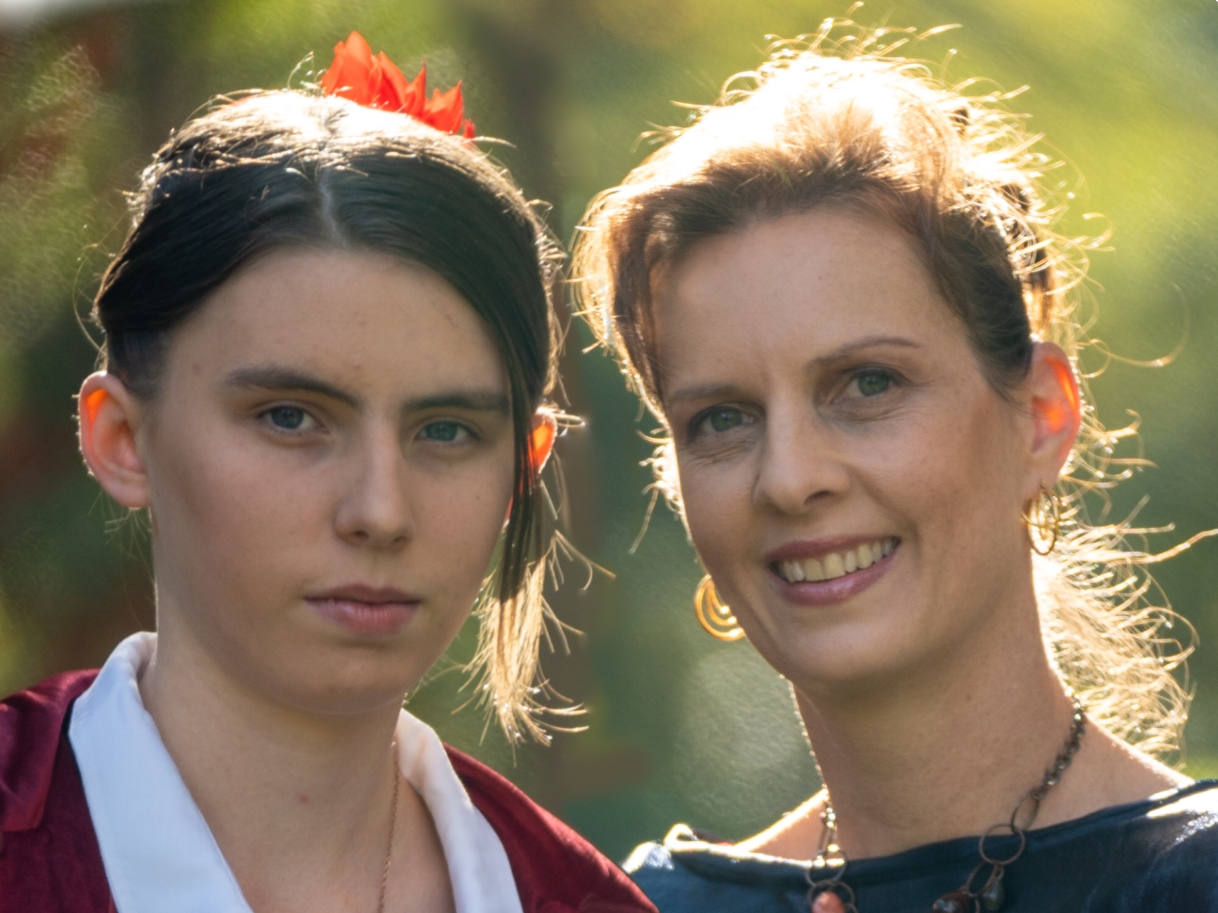Why 'The Hunger Games' Works as Dystopian Fiction

That’s it, really, in a nutshell. I could stop here, but I’ll explain a bit more what I mean.
For any fictional setting to work, it has to have internal logic. This is true for all speculative fiction. No matter what crazy, weird, frightening, awesome, horrendous or divine elements the author wants to incorporate, they cannot be in there simply because they’re cool, or necessary for the plot. There’s got to be some substance behind them, so that, if you poke at them a bit, they’ll hold, not collapse.
This is especially crucial for dystopian, because that messed up ‘system’ is an antagonist in its own right. It is what the protagonist is up against, and is personified in an individual—in the case of The Hunger Games: President Snow.
Ok, so why does The Hunger Games dystopia work?
- It was imposed by those who won the war
- It does not have the buy-in of the majority of the population
- It is perpetuated by oppression of the masses to just the degree that it allows a sliver of hope that individuals may escape the worst of it
- It developed and became more sophisticated over time
- No one is allowed to forget why it’s there
- It has ties to things that are happening in our contemporary culture (reality TV shows)
No doubt there are other dystopias that work for many of the same or slightly different—or even polar opposite—reasons, but the ones I have dipped my toe in lately haven’t, which is a missed opportunity that saddens me, because the heart of the story then goes unseen.
I recently DNF’d a dystopian where the ordinary population bought into the whacked system even though it gave them no benefit. Stranger still, they were all enthusiastically cheering in unison and persecuting people who didn’t conform, and there were soldiers ready to haul away anyone who didn’t conform. That just didn’t make sense. Either the king is making this happen and everyone is playing along because they’re too scared not to, or these cruel practices are perpetuated for some perceived benefit to the community—you can’t have both.
I also DNF’d a dystopian where one ‘bad’ person was kicked out into the wilds every year. There was abject fear riddling the community, as there didn’t seem to be any real logic behind it. Like, you could be chosen for tying your shoelaces the wrong way, whereas the thief next door got to stay. There was also no logical benefit to the community or even the leadership for this very arbitrary practice, and it wasn’t being imposed by any higher authority. It didn’t seem like the people knew why they were still doing it either. Three strikes and I was out.
Next time you pick up a dystopian, see if you can pick out why it does or doesn’t work. I’d love to hear your thoughts (and any recommendations)! A good dystopian story can be very powerful; one that’s not thought out, disappointing.
Our trilogy is not a dystopian, but there is definitely a sense that something isn’t right. And you’ll be glad to know that every element in the worldbuilding was agonised over. My greatest hope is that you sink into this world when we finally get Book 1 to you!
FOR REGULAR ARTICLES LIKE THIS, JOIN OUR NEWSLETTER!


